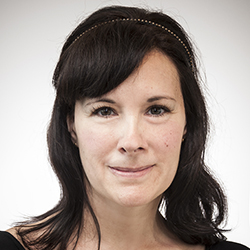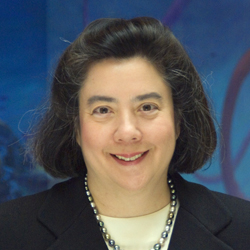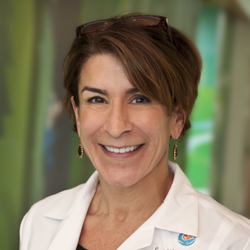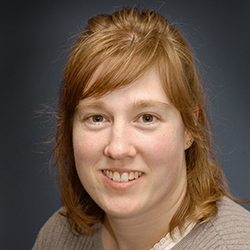Turner Syndrome Clinic
What is Turner syndrome?
Turner syndrome is a genetic condition. It occurs when a girl is born with only 1 X chromosome instead of 2 or is missing part of an X chromosome. About 1 in every 2,000 girls has Turner syndrome.
Girls with Turner syndrome tend to be shorter than average, and most do not go through typical sexual development (puberty). They may have other health problems, such as:
- Congenital heart defects: About half of the girls with Turner syndrome also have some type of structural problem with their heart, such as bicuspid aortic valve or coarctation of the aorta.
- High blood pressure (hypertension)
- Thyroid problems (hypothyroidism)
- Hearing and vision problems
- Structural differences in the kidneys
- Problems with the fat levels (lipids) in the blood
- Lymphedema (especially in the feet and hands)
- Differences in bone development
- Learning difficulties, but otherwise usually have normal intelligence
As an adult, they also have a higher-than-average risk of diabetes, obesity, coronary artery disease and stroke.
There is no cure for Turner syndrome. But with appropriate medical care, girls with this condition live full and productive lives.
Turner Syndrome at Seattle Children’s
Most families have never heard of Turner syndrome before their daughter is born with it. Our team is experienced in caring for girls with Turner syndrome from birth through age 21.
-
The experts you need for comprehensive care
Our Turner Syndrome Clinic brings a team of specialists together to give your child and family coordinated, complete care. At a single visit, your daughter will see doctors specializing in:
- Hearing (Audiology)
- Heart (Cardiology)
- Hormones (Endocrinology)
- Genetics
- Neurodevelopment
As needed, we will arrange visits with other clinics, such as:
- Adolescent Gynecology
- Bones, joints and muscles (Orthopedics)
- Ear, nose and throat (Otolaryngology)
- Kidney (Nephrology)
- Nutrition
-
Care for your whole child
We treat your whole child, not just her symptoms. Members of the Turner syndrome team have special training in their field and in the unique needs of children.
But you know your child best. We understand Turner syndrome affects different girls in different ways and will work with you and your child to develop a care plan that meets her specific needs. You and your child are active partners in making treatment choices.
Read more about the supportive care we offer.
As your daughter reaches adulthood, we will help with the transition to adult-focused providers.
-
Advocacy and outreach
Seattle Children’s Turner syndrome clinic is part of the Turner Syndrome Global Alliance and the Turner Syndrome Registry.
Services We Offer
At each appointment, you and your child will meet with the endocrinologist, cardiologist and geneticist/genetic counselor to coordinate care and medicines and to answer your questions.
Services provided through the clinic include:
- Hearing screening and care
- Hormone therapy to address growth and development
- Heart screening and treatment, including echocardiography
- Lifestyle management for a healthy heart
- Genetic counseling
- Reproductive counseling
- Screening for autoimmune thyroid disease
- Bone health management
The Turner syndrome clinic meets 12 times a year:
- Eight times a year at Seattle Children’s hospital campus
- Four times a year at Seattle Children’s North Clinic in Everett, Washington
- Clinic visits are 2 to 3 hours.
Meet Your Team
Members of the Turner syndrome clinic have special training and experience working with girls who have Turner syndrome and their families. The team includes:
Teams
We will coordinate with specialists in other medical disciplines as needed.
Resources for Patients and Families
- Endocrine Transitions
- Estrogen Replacement Therapy
- National Turner Syndrome Camp
- Turner Syndrome (KidsHealth)
- Turner Syndrome Foundation
- Turner Syndrome Society
- Using an Estrogen Patch Alone or With Progesterone Pills (PDF) (Spanish)
- What Is Turner Syndrome? Animated Video Explanation – TSSS (Video)
Contact Us
For questions regarding Turner syndrome, please contact the Heart Center at 206-987-7693, and mention the Turner Syndrome Clinic when leaving a voicemail.
For questions pertaining to Turner Syndrome Clinic scheduling, please call a Heart Center scheduling coordinator at 206-987-0359.
Telemedicine at Seattle Children’s
You may be offered a telehealth (virtual) appointment. Learn more.
Paying for Care
Learn about paying for care at Seattle Children’s, including insurance coverage, billing and financial assistance.
Access Additional Resources
Get resources for patients and families, including information on food, housing, transportation, financial assistance, mental health and more.




